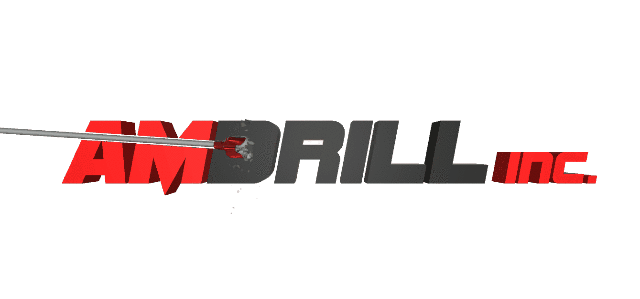Technical Drilling Services Plant City Precision Solutions for Various Industries
Technical drilling services are essential for multiple applications, including construction, environmental studies, water well installation, and geotechnical assessments. In Plant City, FL, professional drilling companies provide expertise in accessing underground resources, stabilizing foundations, and ensuring the safe and efficient execution of drilling projects. Whether for commercial, industrial, or residential needs, these specialized services contribute to sustainable development and infrastructure stability.
Why Technical Drilling Services Matter
Technical drilling plays a crucial role in many industries, offering benefits such as:
- Geotechnical Investigations: Drilling helps analyze soil and rock conditions for construction and engineering projects.
- Water Well Drilling: Ensuring a reliable water source for residential, agricultural, and commercial use.
- Environmental Testing and Remediation: Soil and water sampling help detect contamination and assess environmental impact.
- Foundation Drilling: Required for securing strong structural bases in buildings, bridges, and other infrastructure projects.
- Geothermal Drilling: Enabling the installation of energy-efficient heating and cooling systems.
- Directional Drilling for Utilities: Installing underground pipes, conduits, and cables with minimal surface disruption.
Types of Technical Drilling Services in Plant City, FL
Drilling companies in Plant City offer various specialized services, including:
- Water Well Drilling: Essential for ensuring clean and reliable water access.
- Geotechnical Drilling: Used to assess soil stability and ground conditions before construction.
- Environmental Drilling: Focused on soil and groundwater sampling for contamination analysis.
- Core Drilling: Extracting cylindrical samples for geological and material testing.
- Foundation and Piling Drilling: Ensuring structural stability through deep foundation support.
- Directional Boring: Installing underground utilities with precision and minimal land disruption.
- Rock Drilling and Blasting: Used for excavation projects in challenging terrains.
The Drilling Process
Technical drilling services follow a structured process to ensure accuracy and safety:
- Site Evaluation: Experts analyze geological conditions and determine drilling requirements.
- Permitting and Compliance: Necessary permits are obtained to meet local and state regulations.
- Drilling Execution: Specialized rigs and tools drill into the ground to the required depth.
- Sample Collection and Analysis: Core samples and groundwater tests are performed for research and compliance.
- Project Completion and Cleanup: Once drilling is finished, the site is secured and restored as needed.
Choosing a Technical Drilling Service Provider in Plant City, FL
Selecting the right drilling company ensures efficiency, safety, and regulatory compliance. Consider these factors:
- Experience and Certification: Look for companies with a proven track record and industry accreditations.
- Advanced Equipment: Modern drilling rigs and tools improve precision and project speed.
- Service Specialization: Ensure the provider offers the specific type of drilling service required.
- Regulatory Compliance: Verify that the company follows state and federal environmental and safety laws.
- Customer Reviews and Reputation: Check client feedback and past project success.
Local Drilling Companies in Plant City, FL
Plant City is home to several experienced drilling service providers catering to different industries. Some notable options include:
- Water Well Drilling Specialists: Offering residential and agricultural well installation.
- Geotechnical and Environmental Drilling Firms: Conducting site assessments and soil sampling.
- Utility and Directional Boring Contractors: Specializing in underground infrastructure installation.
- Foundation Drilling Companies: Providing deep foundation and piling solutions for construction.
Conclusion
Technical drilling services in Plant City, FL, are vital for construction, environmental management, and resource access. Whether for water wells, geotechnical studies, or underground utilities, hiring an experienced drilling company ensures safe, efficient, and compliant operations. By choosing a reputable provider, businesses and residents can benefit from reliable drilling solutions that support sustainable development and infrastructure resilience.

